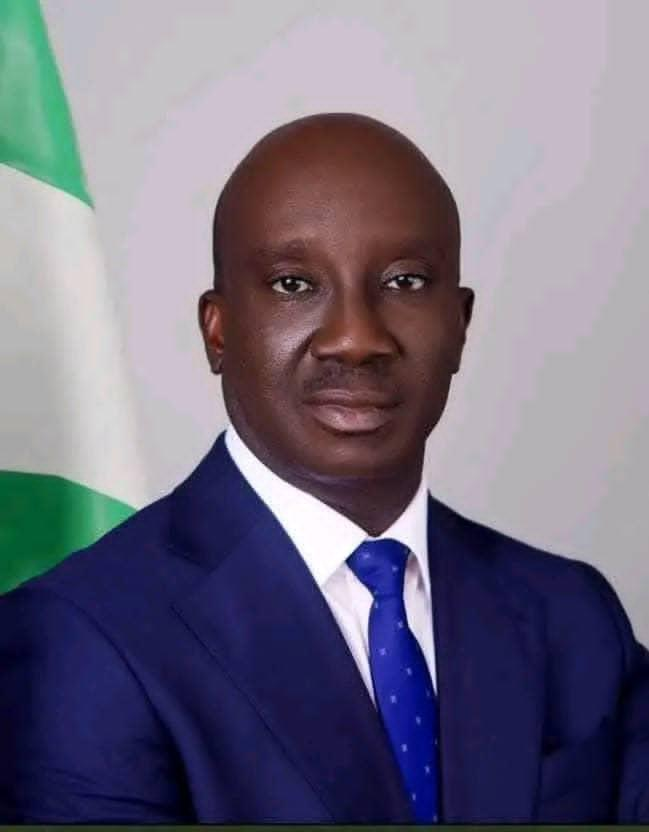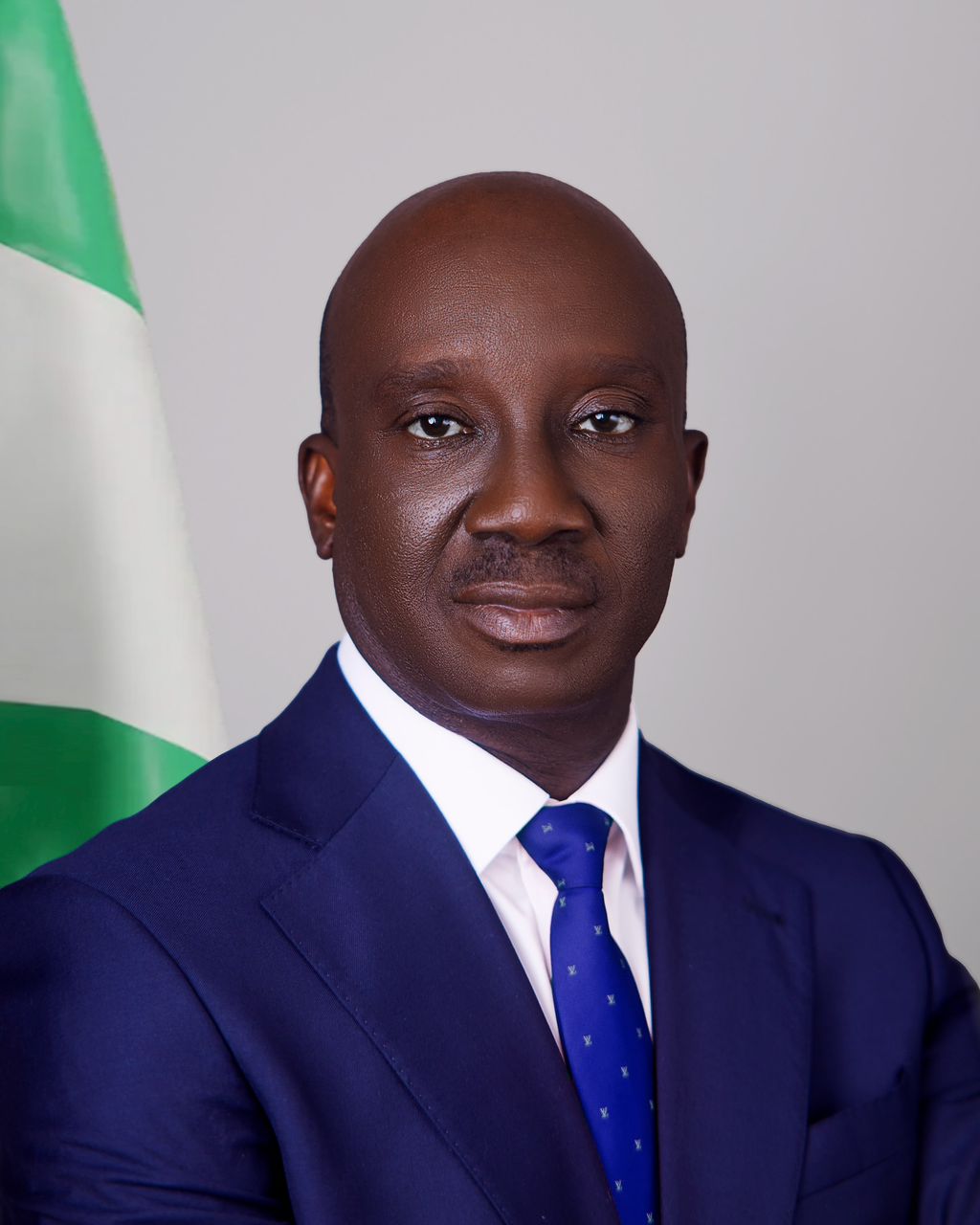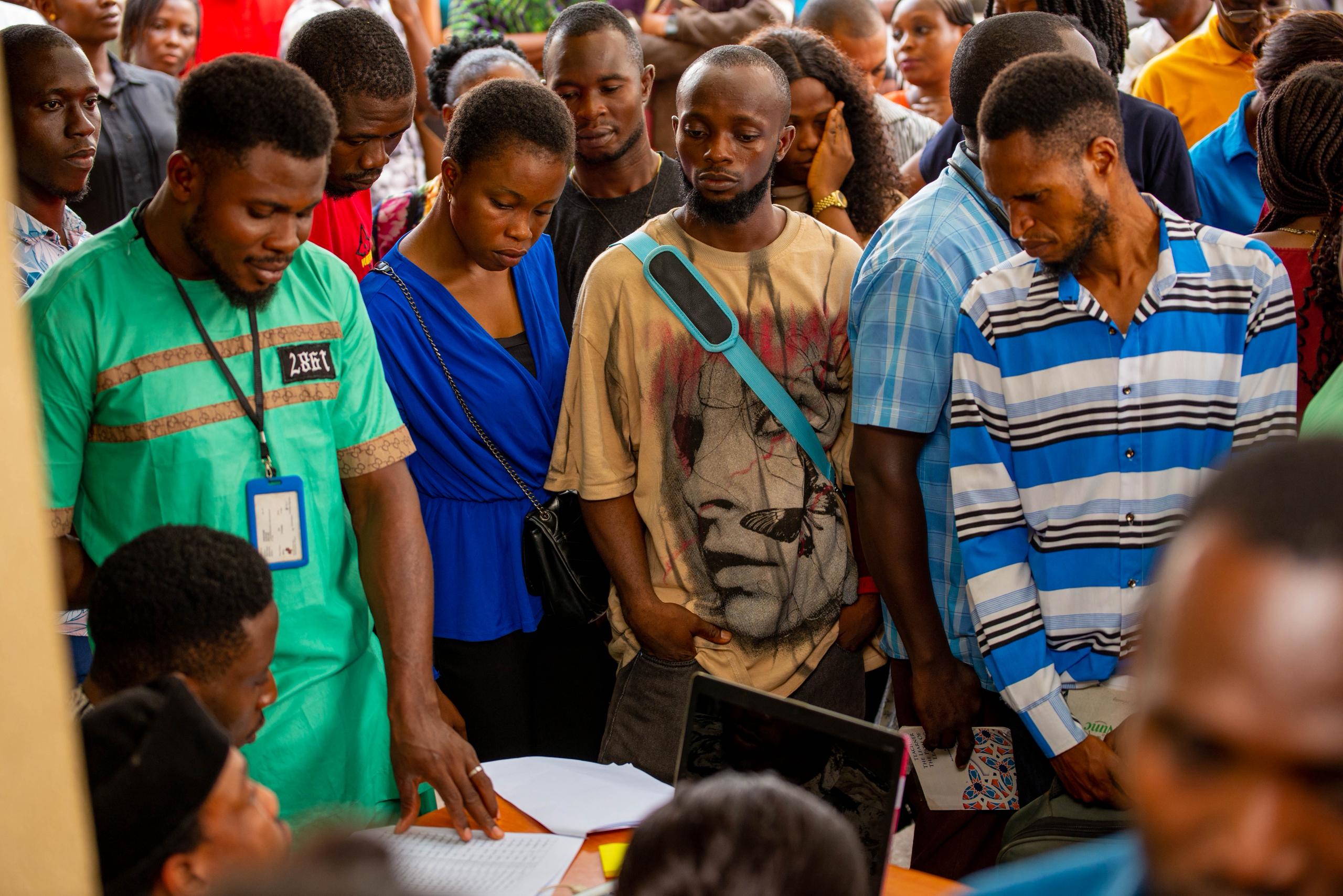A line of buses, newly minted in gleaming white, rolled out from the heart of Edo State like emissaries of a vision long overdue. They didn’t speak, but they told a story of a government thinking beyond potholes and politics. Of a state daring to connect itself not just by roads but by relevance.
This is the New Edo Line. And it’s not just transportation; it’s strategy in motion.
Once a trusted name in regional mobility, the Edo Line had become a ghost of itself; a memory buried under decades of neglect. Reviving it was not just a logistics project. It was a bold reclamation of identity. Governor Monday Okpebholo’s decision to breathe new life into the brand is the kind of move that reveals a leader’s philosophy: that the past isn’t always to be discarded. Sometimes, it needs to be redesigned and relaunched with purpose.
And what purpose could be greater than returning safety, structure, and sanity to Nigeria’s most dangerous form of travel, inter-state road transportation?
Across the country, states are playing small. Shrinking services. Outsourcing public good. Abdicating responsibility. Edo, however, is charting a broader course; one that spans regions, reinvigorates confidence in government, and redefines how subnational entities serve their people.
With more than a hundred buses launched, the New Edo Line is one of the most ambitious state-backed transport interventions in the country today. But its boldness lies not in its size. It lies in its message: that good governance can still be physical, visible, and unmissable on the expressway.
Transportation is not merely about getting from one place to another. It is about access to education, to opportunity, to family, to markets. It is the unseen engine behind national integration, regional trade, and human connection. The more efficiently a people move, the more economically alive they become.
By providing structured, safe, and affordable inter-state travel, Edo is doing more than putting buses on the road. It is reclaiming control of its economic arteries. It is easing pressure on residents battered by exploitative commercial operators. It is linking communities to capital cities and restoring order to an industry long defined by recklessness.
You don’t revive a moribund transport company with 102 buses by chance. You do it with calculation, with coordination, and with courage. The New Edo Line reflects a mindset in government that prioritizes delivery over drama; systems over slogans.
Governor Okpebholo’s governance style, pragmatic, quietly assertive, grounded in legacy but aimed at the future, is fully on display here. He is not just responding to the economic moment. He is creating infrastructure that expands Edo’s presence across state lines, gives it soft power in the region, and reinforces its capacity for independent, people-focused action.
Every seat on the New Edo Line tells a different story: the undergraduate returning to school without fear; the businesswoman heading to Lagos with peace of mind; the pensioner no longer at the mercy of extortionate park operators. These are not just passengers; they are citizens served with dignity.
This is what public transport should feel like. Not chaotic. Not extortionate. Not life-threatening. But purposeful, orderly, and reliable.
The New Edo Line may have started as a bus project, but it has become something more powerful; a mirror reflecting what is possible when government refuses to sit still. As these buses cross state boundaries, so too does Edo’s reputation rise, carried not by rhetoric but by results.
And as Nigerians in other states watch with curiosity, one question begins to emerge: if Edo can do this, revive a fleet, restore confidence, and reconnect people, why can’t others?
Because in the end, buses don’t dream. But governments do. And great ones take their people along for the ride.




